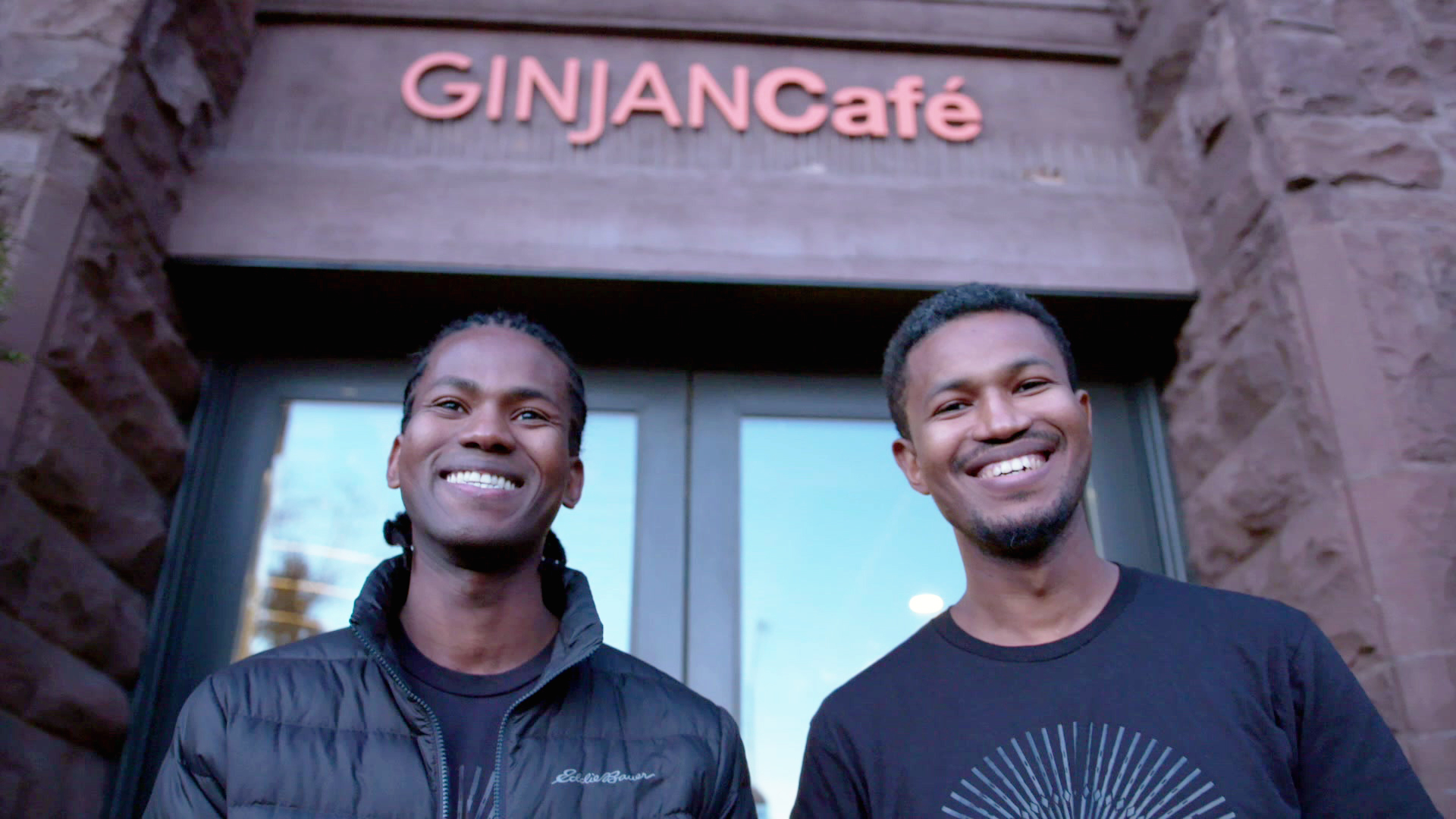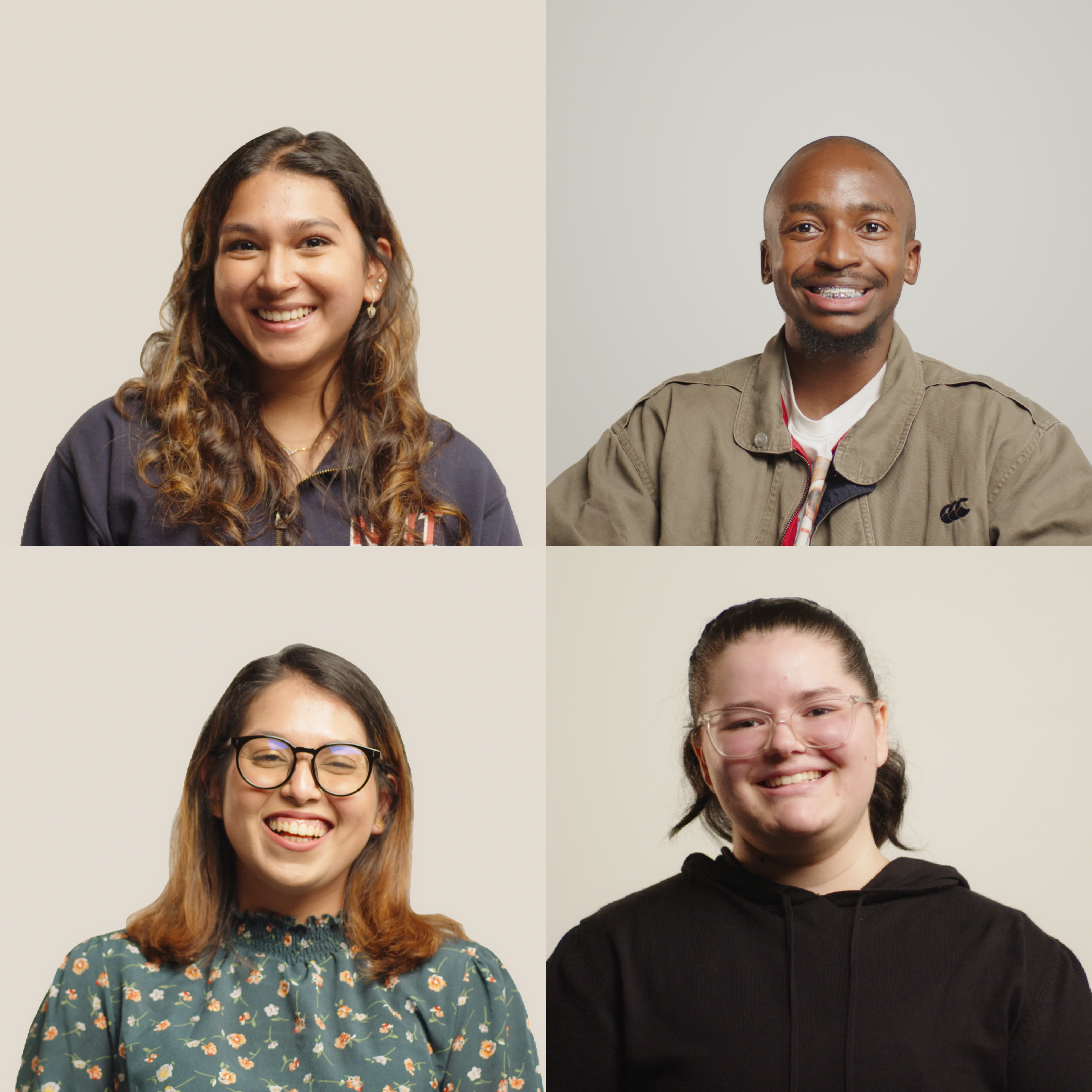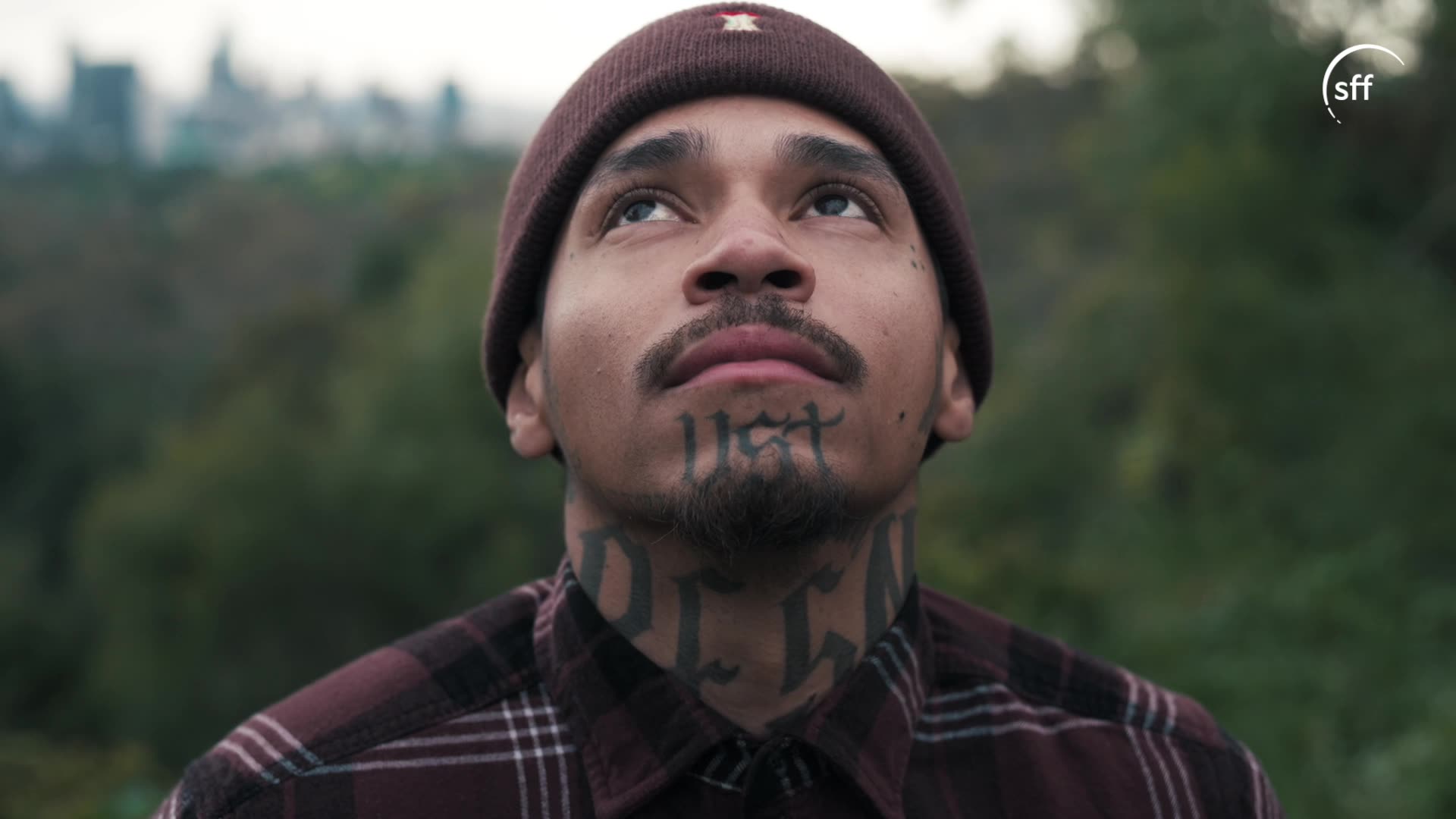These Entrepreneurs Created Their Own Playbook

For Mohammed and Rahim Diallo, immigrants from Guinea, failure isn’t an option. There’s just too much at stake. They launched Ginjan Bros, their beverage company, in 2015, with less than $1000 and an idea that ginjan, the flavorful ginger juice they drank growing up in West Africa, could be the first step in bringing African flavors to the world.
In the years since, the brothers have grown their business to include two cafes – one in Harlem and one in Brooklyn – and their beverages are distributed in about 200 locations including Whole Foods.
But their road to success has not been easy. As entrepreneurs of color and as immigrants, they faced enormous challenges, especially in raising capital. “What made fundraising tough is the goalposts kept moving, ” says Rahim. “We had to justify why we are capable and why we can actually run these businesses,” says Mohammed. “We realized we had to create our own playbook to simply be in the right room with the right people.”
They’re not alone. According to the Minority Business Development Agency, diverse-owned businesses like Ginjan Bros contribute roughly $1.48 trillion to the economy each year. Despite this, many struggle to raise working capital and when capital is raised, diverse-owned businesses are more likely to be faced with predatory rates, impeding their ability to thrive.
During a board meeting of the Schultz Family Foundation in 2021, Rahim was introduced to Howard Schultz, interim ceo of Starbucks. Quickly recognizing the potential in Ginjan Bros., Schultz made a commitment to Rahim. “The Ginjan Brothers came to America with a dream to build a better life for themselves and their families. Despite incredible odds, they are building a business with enormous potential. America’s future rests on the ambition of entrepreneurs like the Ginjan Brothers, and we are proud that our Foundation is one of their first investors,” said Schultz. “Having Sheri and Howard Schultz seeing something in us and giving us the benefit of the doubt and deciding to back us, you know, is quite meaningful,” Mohammed said, “it validates all of the hard work, all of the sleepless nights that we had and all the challenges we had to overcome”.
The Schultz Family Foundation invests in purpose-driven entrepreneurs and solutions to ensure equal access to capital, networks and the expertise needed to scale and build brighter futures for all.
Mohammed and Rahim hope that their story can be a source of inspiration for other diverse entrepreneurs. “I think we’re so strong because we’re thinking beyond ourselves, we are doing this because the hope of success from us means so much more to so many other people as well,” Mohammed said.


